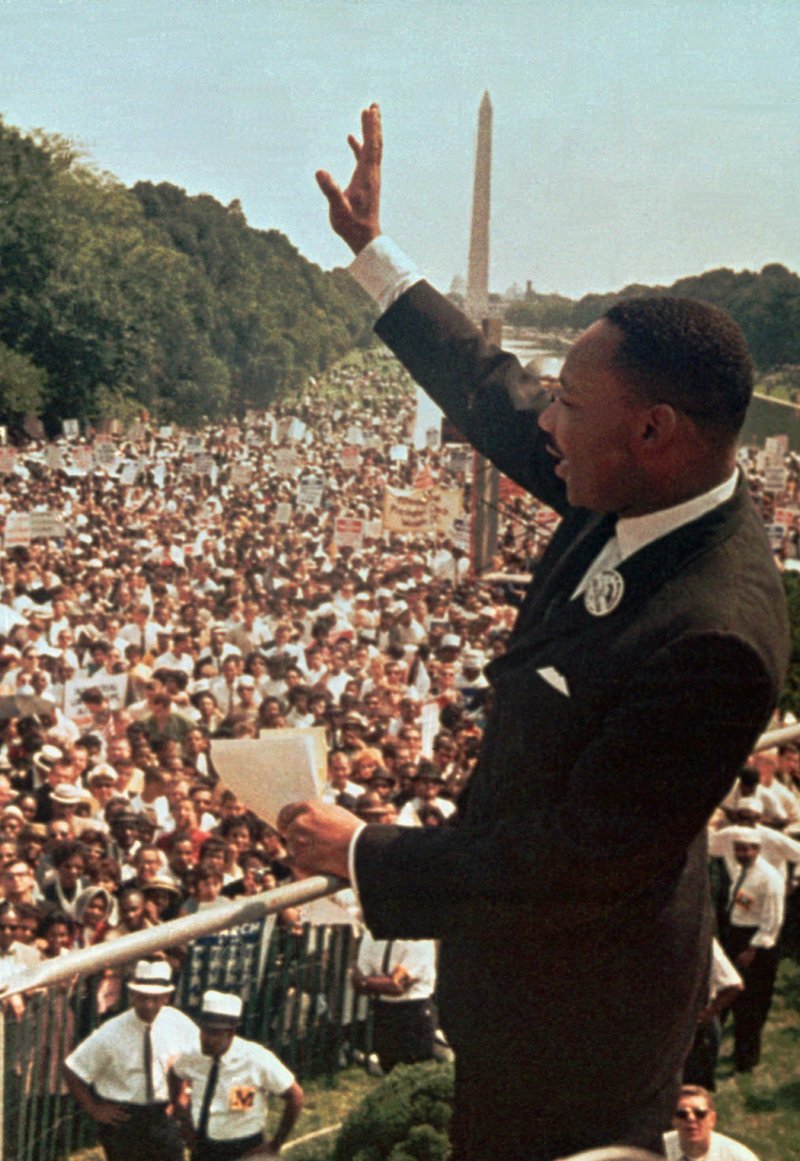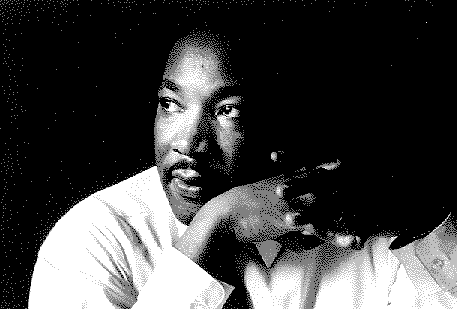|
|
|
"The Dream" |
from Objective 3, American Minority Literature
To compare and contrast the dominant “American Dream” narrative—which involves voluntary participation, forgetting the past, and privileging the individual—with alternative narratives of American minorities, which involve involuntary participation, connecting to the past, and traditional (extended) or alternative families.
3a.
African American alternative
narrative:
“The Dream”
("The Dream" resembles but is not identical to "The American
Dream." Whereas the American Dream emphasizes immediate individual success,
"the Dream" factors in setbacks, the need to rise again, and a quest
for group dignity.)
![]()
Objectives from Immigrant Literature:
To identify the immigrant narrative as a fundamental story or model of American culture and its relations to "the American Dream” and to other multicultural narratives and identities, especially those of the “minority” (objective 3), the “dominant culture” (obj. 4), and various combination
The primary metaphor for assimilation has been "the melting pot." That is, the American experience of public schools, intermarriage, common language and ideology mix and "melt" our differences as in a great cooking vessel. The product of the melting pot is "the new person" or "American" who bears no marks of ethnic or tribal identification.
![]()
immigrant narrative as model or parallel narrative to "the American Dream”
American Immigrant narrative
Discontent / poverty in Old-World homeland, desire to relocate
> journey to New World; hard work; inter-marriage & assimilation
> equal rights and opportunity in land of opportunity; better world for self and children
American Dream narrative
Discontent with poverty or social status
> work hard, seize opportunity, marry up, climb "ladder"
> better world for self and children; work pays; "you've arrived"
(The American Immigrant & American Dream narratives aren't identical but parallel in terms of "journey" via geographical or social mobility.)
![]()
Differences in Historical Backgrounds b/w American Immigrant Narrative & African American Narrative
American Immigrant narrative
Discontent in foreign homeland, desire to relocate
> journey to New World
> equal rights and opportunity in land of opportunity; work pays; assimilation via intermarriage
African American narrative
Status quo in Africa, no desire to relocate
> journey to New World
> no rights; work for another's profit; no legal intermarriage / assimilation
![]()
Differences b/w American Dream & African American Dream
American Dream narrative
Discontent with poverty or social status + "you can only blame yourself" if you fail (a.k.a. "individual responsibility")
> work harder than others, competitive individualism, seize opportunity, marry up, climb "ladder"
> better world for self and children; work pays; "you've arrived"
African American "Dream" narrative
Discontent with poverty or social status but self-blame mixed with collective discrimination
> work hard but together, collectively; agitate for equal opportunity; racial uplift; intermarriage complicated
> better world for self may appear and then be withdrawn; "the dream" never quite comes true but may for the children someday; if you think "you've arrived," don't exhale
"The Dream" is like the American Dream except . . .
It is a "dream deferred" or "unfulfilled."
It may be more collective (as racial identity) than individualistic (Aren't we all just Americans?).
With deferment, the accomplishment of "the Dream" takes a different time-frame:
![]() The American Dream is immediate or at least within a generation or the
individual is a failure.
The American Dream is immediate or at least within a generation or the
individual is a failure.
![]() "The Dream" is millennial; like the
end-times or Judgment Day or Christ's Second Coming, it could come true at
any moment but hasn't come true yet.
"The Dream" is millennial; like the
end-times or Judgment Day or Christ's Second Coming, it could come true at
any moment but hasn't come true yet.
The American Dream often requires forgetting the past (leaving homeland, family, old neighborhood); the Dream may involve recovering the past, rediscovering one's roots.

